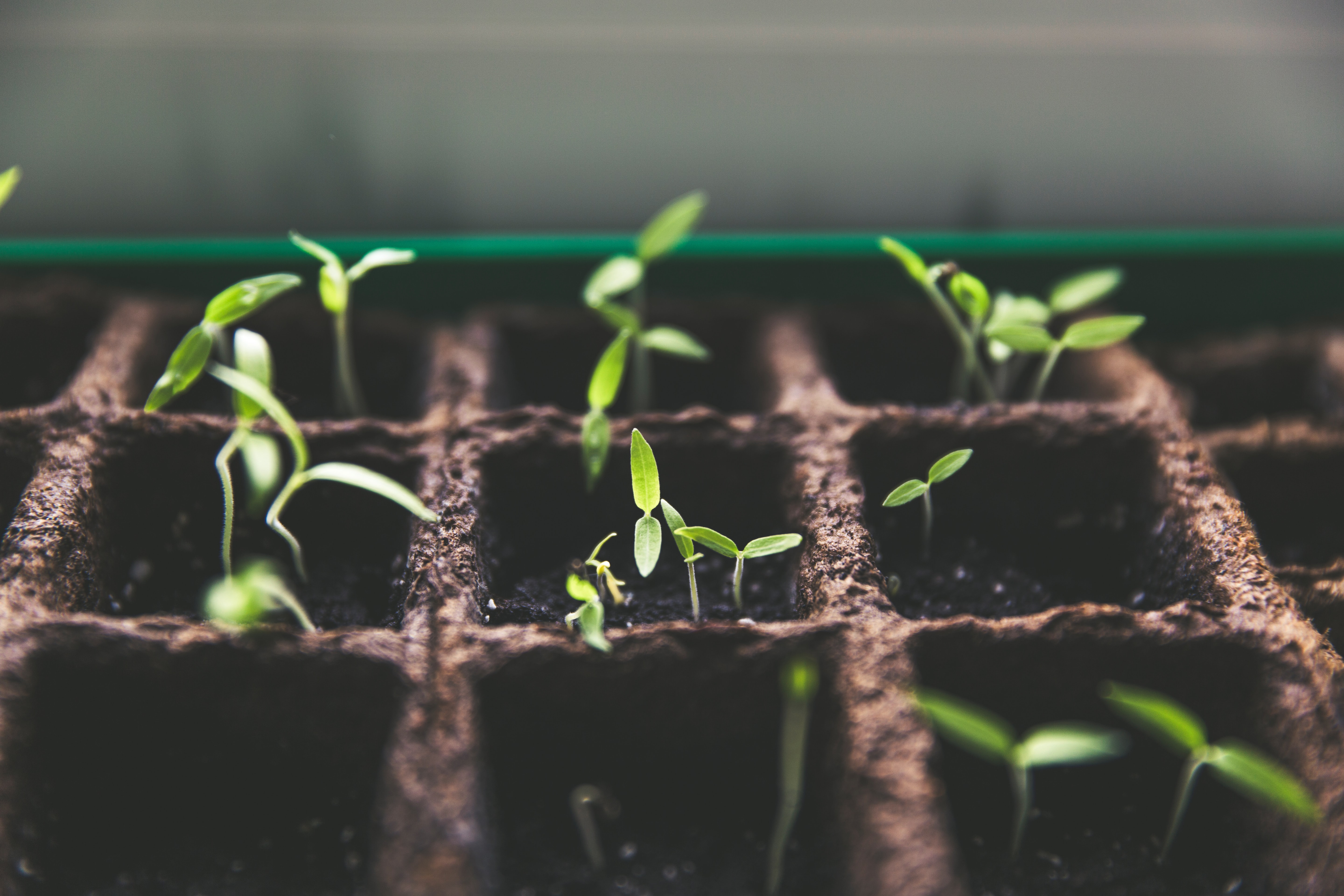Article debunks claims that gene editing will revolutionise crop breeding in Africa
By Claire Robinson,
GMWatch
| 01. 24. 2023
Gene editing has captured the imagination of academics and professionals working on agricultural development in Africa. They claim the technology has the potential to revolutionise crop breeding, based on assertions of precision, cheapness and speed.
However, these claims are strongly challenged in a new peer-reviewed article by an international group of development experts led by Joeva Sean Rock, Professor of Development Studies at the University of Cambridge, UK. The authors review the evidence and experience of older-style GM crops in Africa, as well as the research findings to date on gene editing. They conclude that unless hard lessons are learned from experience with first-generation GM crops, gene editing projects "are in danger of repeating mistakes of the past".
The article is open access and written in an easy-to-understand style, and we recommend reading it in full.
We've heard it before
The authors find that the narratives around gene editing closely echo the earlier ones underpinning the introduction of older-style GM crops into Africa: "But the reality of GM crops in Africa has not lived up to the hype". Problems include...
Related Articles
By Diaa Hadid and Shweta Desai, NPR | 01.29.2026
MUMBRA, India — The afternoon sun shines on the woman in a commuter-town café, highlighting her almond-shaped eyes and pale skin, a look often sought after by couples who need an egg to have a baby.
"I have good eggs,"...
By George Janes, BioNews | 01.12.2026
A heart attack patient has become the first person to be treated in a clinical trial of an experimental gene therapy, which aims to strengthen blood vessels after coronary bypass surgery.
Coronary artery bypass surgery is performed to treat...
By Staff, ScienceDaily | 01.05.2026
Scientists at UNSW Sydney have developed a new form of CRISPR technology that could make gene therapy safer while also resolving a decades-long debate about how genes are switched off. The research shows that small chemical markers attached to DNA
...
Following a long-standing CGS tradition, we present a selection of our favorite Biopolitical Times posts of the past year.
In 2025, we published up to four posts every month, written by 12 authors (staff, consultants and allies), some in collaboration and one simply credited to CGS.
These titles are presented in chronological order, except for three In Memoriam notices, which follow. Many more posts that are worth your time can be found in the archive. Scroll down and “VIEW...




